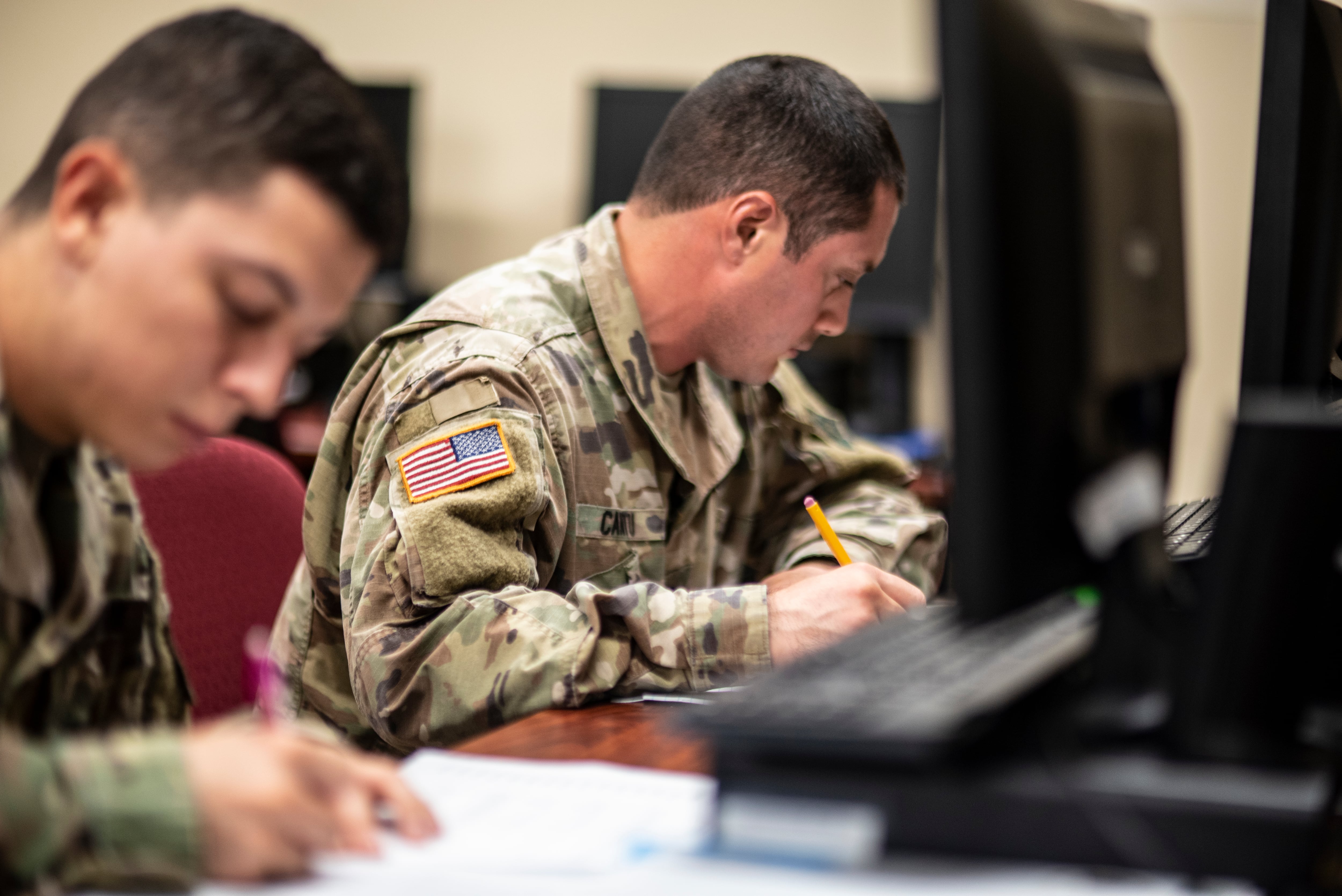WASHINGTON — House leaders are eyeing a six-month funding patch to keep the Department of Veterans Affairs Choice program running while congressional leaders debate the future of the medical care program.
The move, announced by House Veterans' Affairs Committee Chairman Phil Roe, R-Tenn., during a hearing on Wednesday, would cost about $2 billion to allow veterans in the system to continue receiving outside medical appointments at VA's expense.
"We need to have it that long so that third-party administrators can stay as geared up as they are, and it will give us time to work through some of the other issues," Roe said.
The decision comes just a few days before the House is scheduled to leave town for an extended legislative recess in August, and less than a month before VA officials say the current Choice program funds will dry up.
That would mean potentially cancelling some long-term medical plans for veterans, or at least complicating how those appointments and procedures are paid for. VA Secretary David Shulkin and other top department officials have warned that any such disruption could endanger veterans' health.
Earlier this year, lawmakers passed a measure to deal with the opposite problem for the Choice program. In March, the Choice accounts had more than $2 billion available, and VA officials were worried they might not use up all the money before a mandatory August expiration date for the program.
But in June, Shulkin told lawmakers that spending jumped in recent months, with less than $850 million available and thousands of appointments left dependent on the program.
The Choice program has been controversial since Congress authorized it in 2014 in the wake of the department’s wait time scandal, where VA hospitals were found to have altered appointment schedules to cover up long delays in care.
Supporters of outside care efforts have long lamented the bureaucratic nature of the program, and argued for more freedom for veterans to seek private-sector medical care at taxpayer expense. But critics have called the program the first step towards privatizing parts of VA responsibilities.
Shulkin has promised an overhaul of the program this fall, but changes will require new congressional approval and new funding.
Meanwhile, initial talks for a short-term funding fix for the Choice program had included issues like a review of VA infrastructure (with an eye towards closing some hospitals) and potential cuts to other programs to pay for the outside care.
But Roe said following a meeting with lawmakers on Tuesday night, he decided a massive omnibus fix was too difficult to push through Congress in a short time frame. Committee ranking member Tim Walz, D-Minn., praised the chairman for not rushing the process.
"We will make sure there is stability in the Choice program, and then we will come back and discuss the rest," he said. "We’ve learned that when you’re going to tackle some of these big things, you’ve got to build the coalition, you’ve got to bring in the stakeholders."
Roe said he has already discussed the plan in principle with Senate leaders and believes a fix will be in place before the start of August. The Senate is scheduled for now to stay in town until Aug. 11.
The Choice program news came amid another legislative flurry for the House veterans committee, which approved 11 bills during the Wednesday hearing. Among them was an expansion of the post-9/11 GI Bill that has drawn praise from veterans groups.
That education bill is expected to also reach the House floor for a full chamber vote next week.
Leo Shane III covers Congress, Veterans Affairs and the White House for Military Times. He can be reached at lshane@militarytimes.com.
Leo covers Congress, Veterans Affairs and the White House for Military Times. He has covered Washington, D.C. since 2004, focusing on military personnel and veterans policies. His work has earned numerous honors, including a 2009 Polk award, a 2010 National Headliner Award, the IAVA Leadership in Journalism award and the VFW News Media award.





